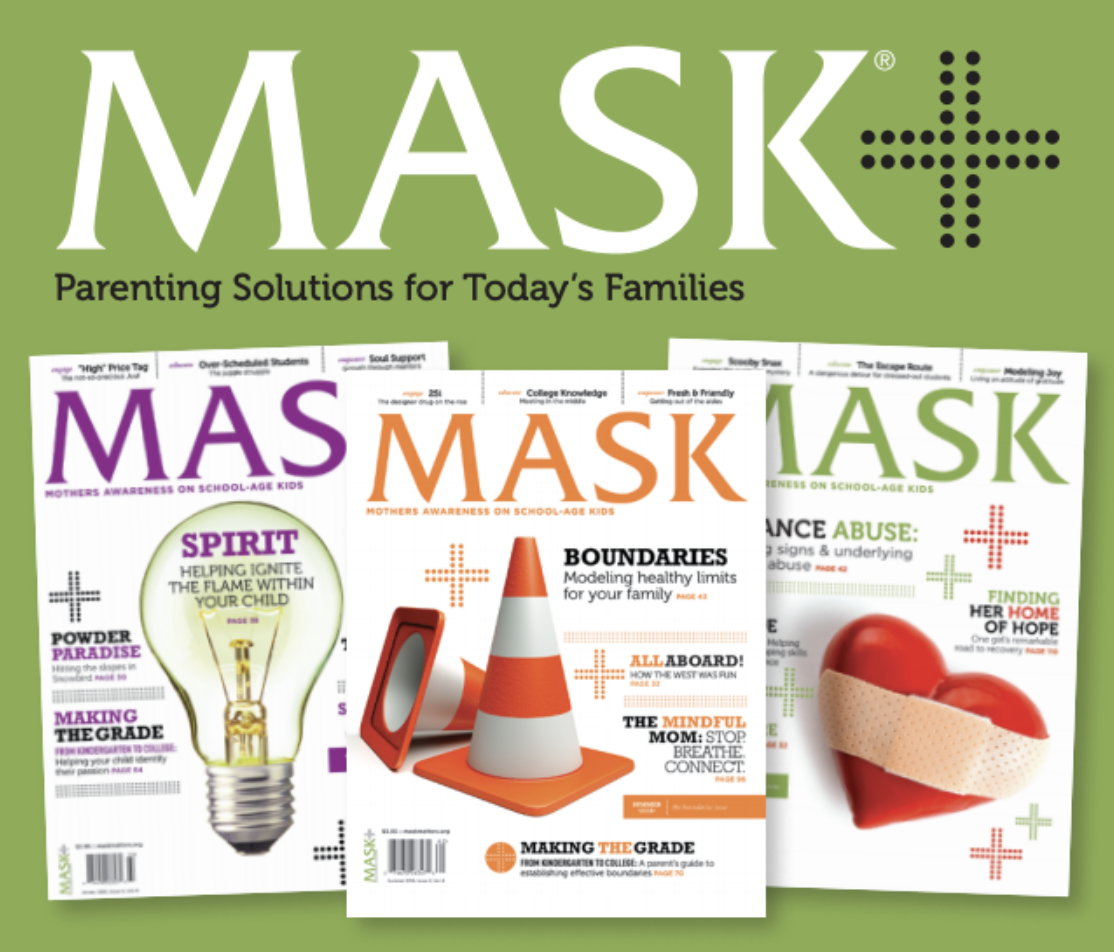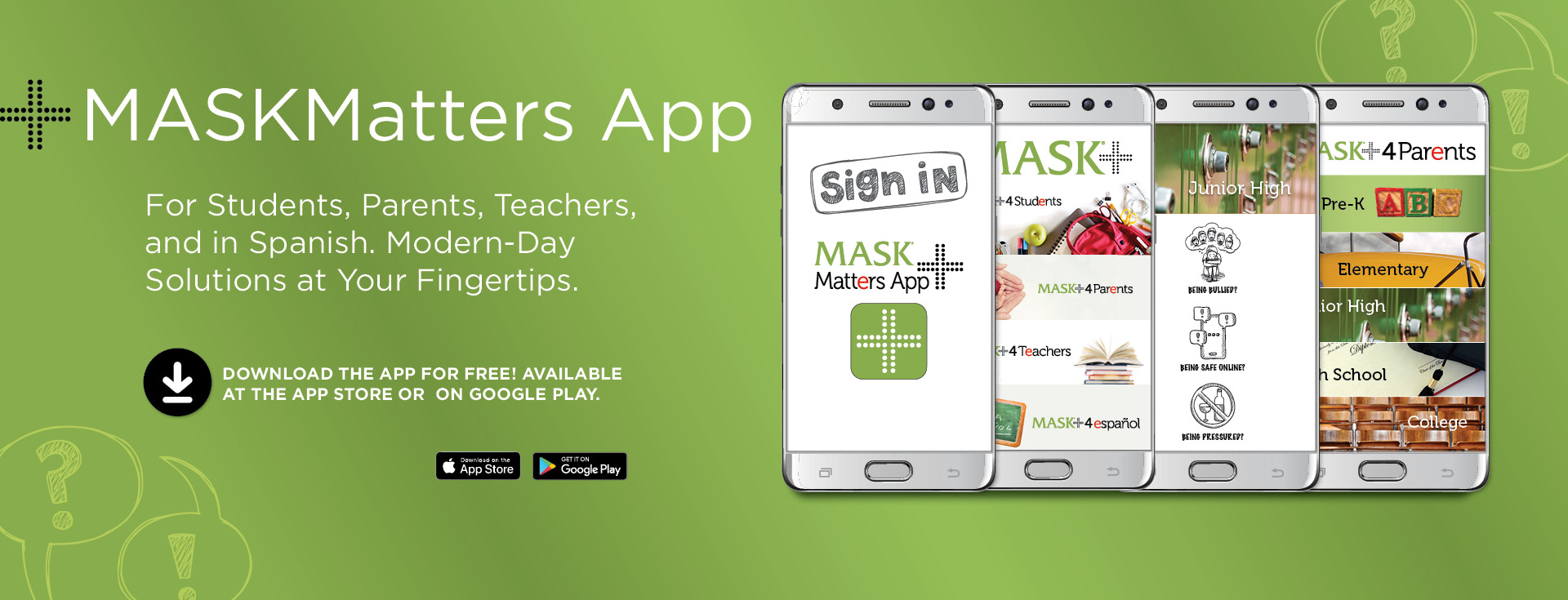
ADHD Teens & Driving
July 11, 2022
Let Them Be Frustrated
July 13, 2022For our college-aged kids, there are two broad developmental goals to meet: relational and productivity. Erik Erikson defined these as intimacy and generativity, meaning they now have to find the place they fit in and what they’re going to do once they find it.
Parenting a young adult—regardless of whether they live at home, are away at college, working, or none of these things—changes the dynamics of the relationship on both sides. Parenting from a developmental perspective doesn’t stop once they are adults. They need positive support and for you to be ready to listen when they ask for help, to be ready to intervene when needed, and to have a more equal sense of power and respect that would exist between two adults. This may be the ultimate goal of a parent-child relationship.
Emotionally, they are more “mature” in that they are better able to identify what they feel, why they feel it, what will happen as a result of this emotion, and what they can do to change it. Cognitively, their brains are finalizing the development of the frontal lobe, responsible for emotional regulation, social awareness, abstract thinking, inhibition and impulsivity control, judgment and appropriate social behavior. This means they are improving their abilities with complex problem-solving, making decisions, inhibiting risky behaviors, and engaging in more meaningful activity.
Socially, they are trying out different roles, gaining new experiences, and becoming much more independent. They are negotiating new power levels in personal and professional relationships.
Topics to cover: financial planning/budgeting/credit, setting appropriate goals and building on strengths, picking a career focus, sexual and intimate partner violence, safety, drugs and alcohol and limits, exit strategies, balancing life and work, health and wellness, spirituality, and long-term planning.
To learn more about this topic add the Parenting Principles issue to your MASK library
MASK the Parenting Magazine a quarterly publication providing solutions for Today’s Families.
The parenting manual offering solutions to the modern-day challenges families face. From Pre-K through College stay up to date on the modern day issues families face.
Are you up to date on the issues your child is facing?
MASK Mothers Awareness on School-age Kids offers parenting solutions for today’s families. MASK tackles important topics – from drugs and alcohol to bullying and Internet safety -and gives students, parents and the community the knowledge and tools to manage these potential challenges.
Subscribe today! https://www.tools4teaching.com/product/mask-the-magazine/
Download and share the MASKmatters app now! Made for children, parents, teachers and in Spanish.
Have solutions at your fingertips
Available free on apple and google play links below
Apple https://apps.apple.com/us/app/maskmatters/id1482305692
Googe Play https://play.google.com/store/apps/details?id=com.maskmatters.maskmattersapp&hl=en_US&gl=US




